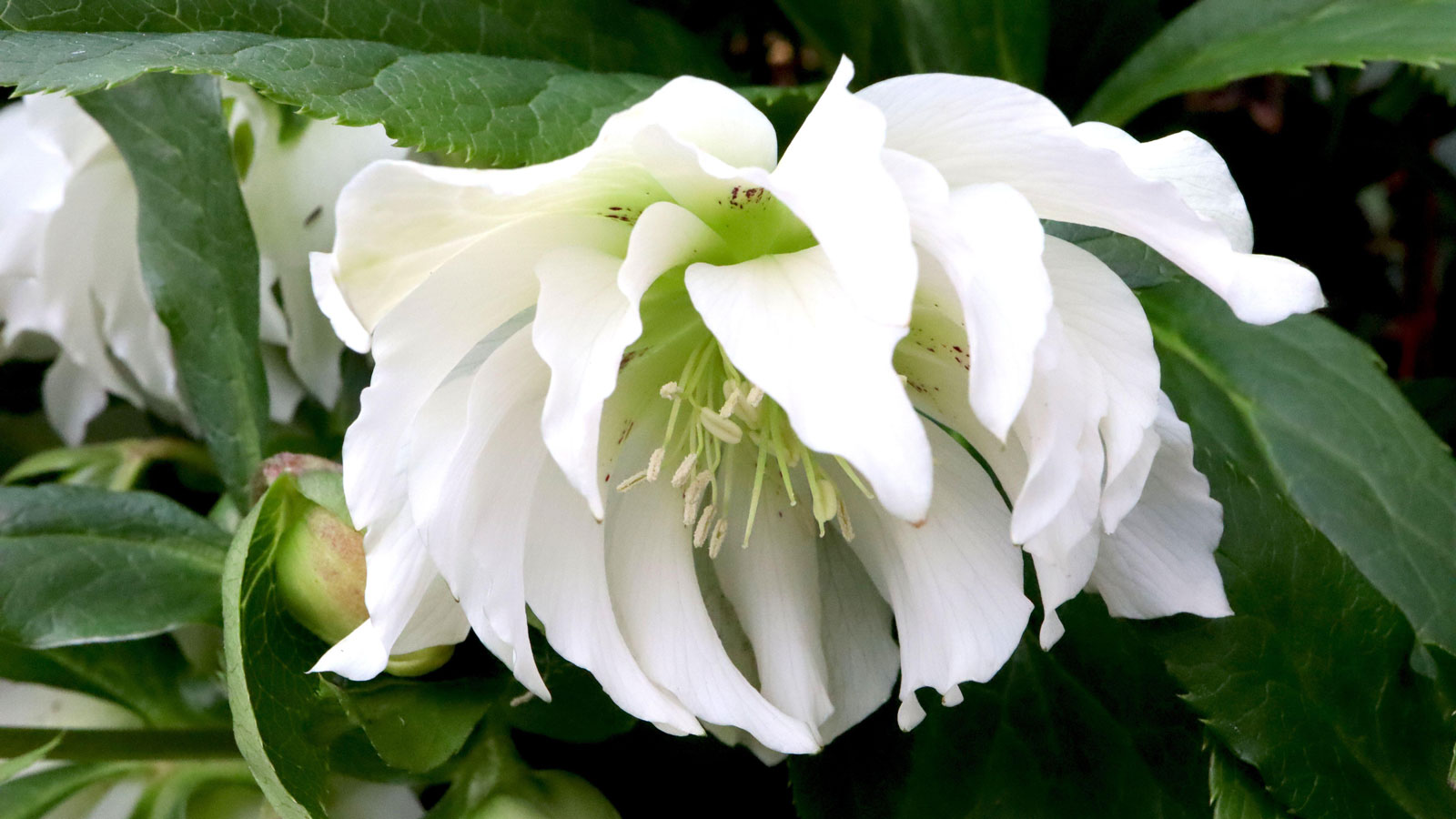
November is a great time to think about planting flowers that can infuse your outdoor space with color and life well into the winter. Plenty of flowers can be sown or planted now. Sowing seeds outdoors in November is a particularly good idea as it gives you a head start on the gardening year next spring, freeing up space from the clutter of seed trays as well as bringing flowering times forward.
Depending on your growing zone, there might be no problem growing flowers outside now and right through winter, for example if you live in the South. Meanwhile if you live in a cold climate it's a good idea to plant flowers in containers that you can protect if temperatures drop. It's also worth remembering that lots of seeds benefit from a cold period ahead of germination, and bulbs enjoy cooler temperatures too.
There is something so good about adding flowering plants to a modern garden now to enjoy, as well as selecting bulbs or sowing seeds that will come to fruition next spring and summer for a flower-packed garden. To spark your inspiration here are 5 of our favorite flowers to plant in November.
1. Tulips
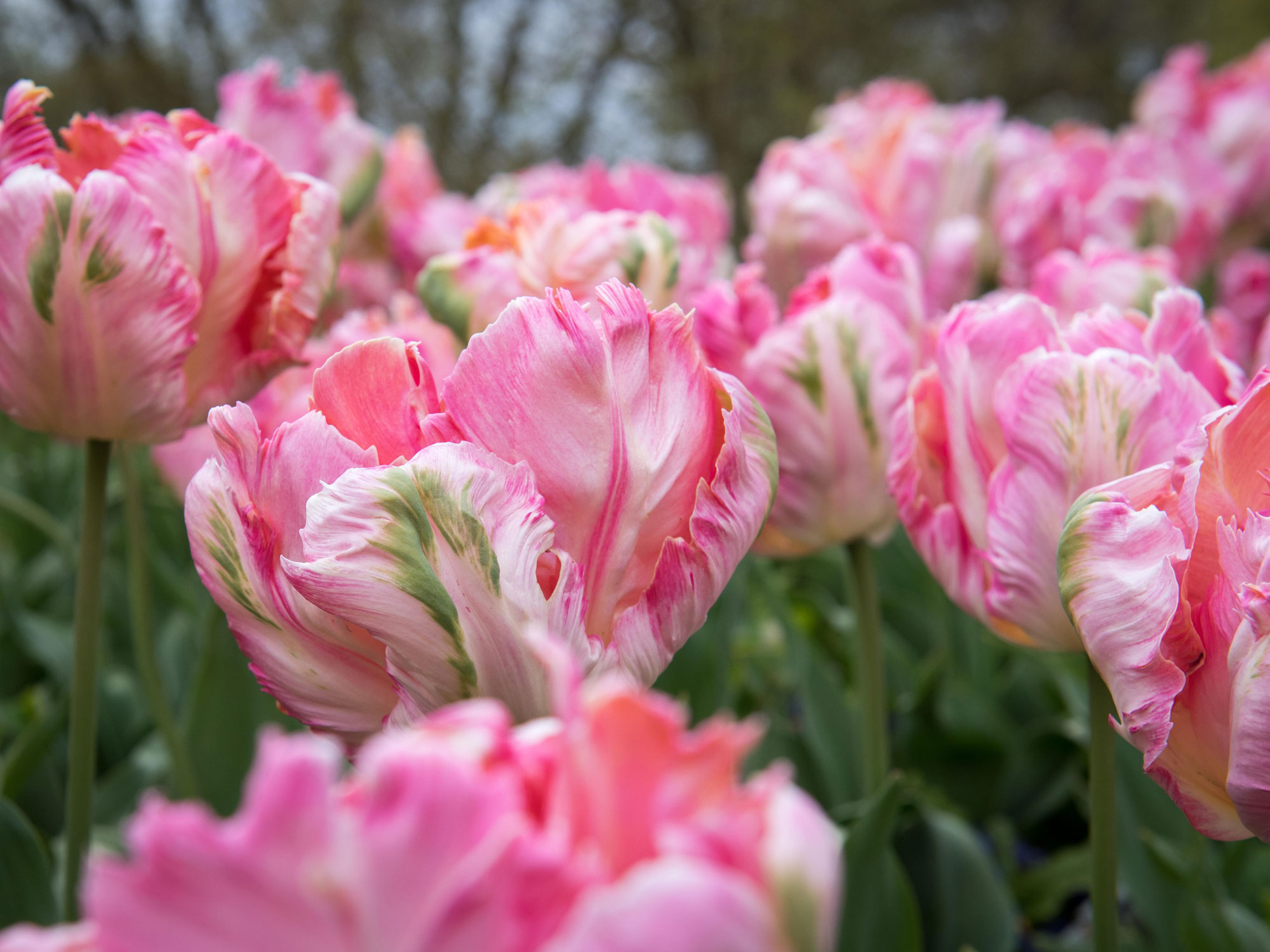
USDA growing zones: 3-8
Height: 30 inches
Spring-flowering tulip bulbs are planted later that other spring flowers like daffodils, crocus and hyacinths, and November is the best time to do it. In fact, if you plant tulips too early into your flower beds, sometimes they fail to produce flowers.
The colder temperatures in November help to protect them from the destructive fungal disease tulip fire. If you miss the November slot you can still plant them in December too, as long as the ground isn't frozen.
'Truly a classic in the garden, tulip varieties can range from bicolor beauties, petites, long-stemmed options and exotic varieties like 'Ice Cream' and 'Honeymoon' both available from Burpee,' says Nancy Trautz-Awot, horticulture specialist at Burpee Gardening. 'Generally, tulips are incredibly durable, surviving winters and blooming into dreamy flowers.'
It's hard to fail with tulips as the flower is already inside the bulb. Tulips look best when planted in groups and there are so many choices they fit into any garden from formal to cottage. They are also great planted up in pot for container gardening.
2. Sea holly
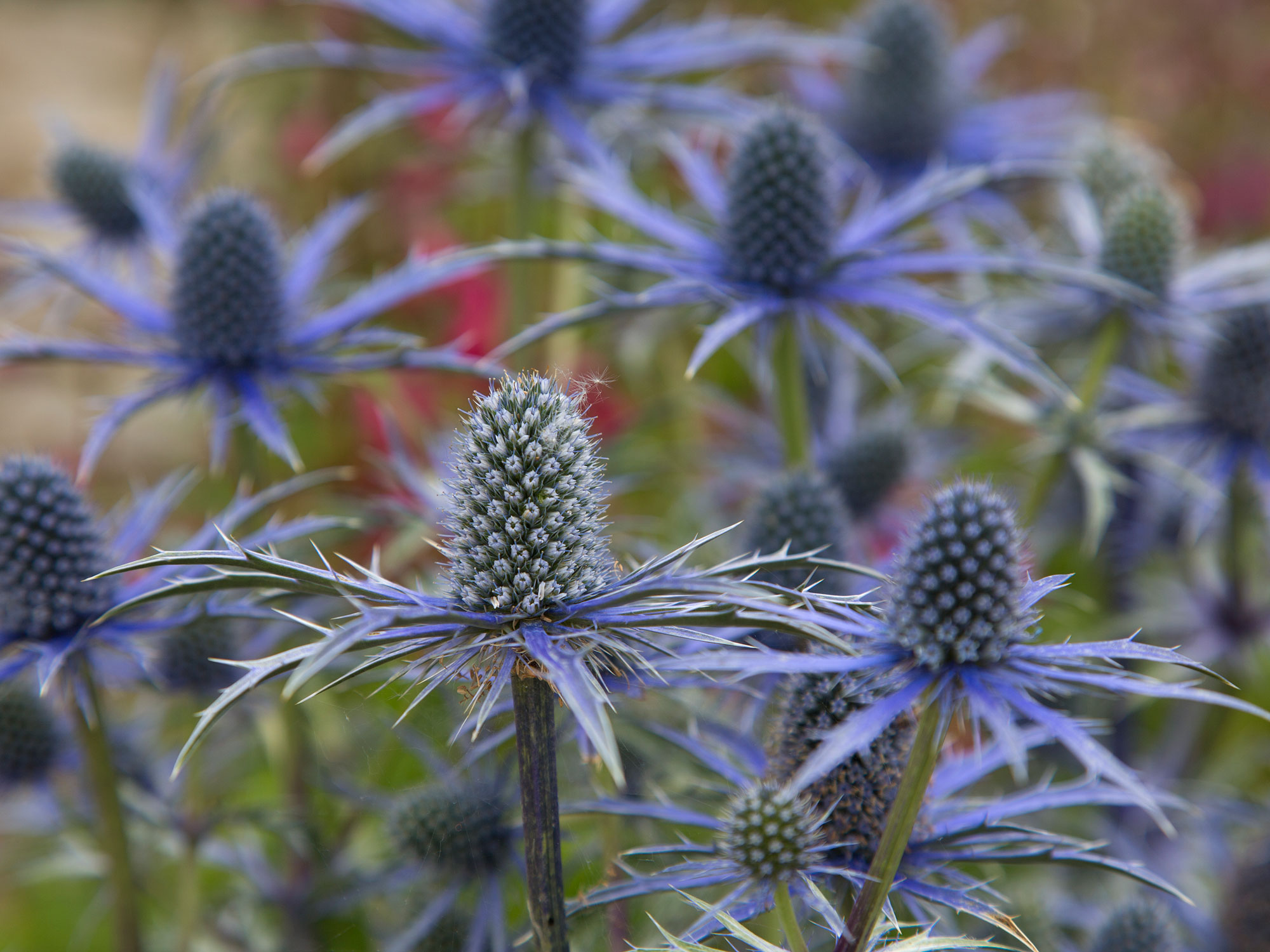
USDA growing zones: 4-8
Height: 48 inches
Botanical name: Eryngium
If you're planning next year's flower beds now, be sure to factor in some spiky silver-blue sea holly plants to add drama, form and texture to your summer planting. The good news is these perennials renew themselves from seed so you'll soon develop quite a clump of them if you plant some now.
Sea holly seeds, like these from Walmart, should be sown in fall as they need a period of cold weather to germinate. They like well-drained sandy soil. Sow the seeds directly into the ground in November and wait for them to shoot up in spring.
You can also start sea holly seeds indoors but will need to chill them first for about four weeks in the refrigerator, then plant them in small pots filled with a sandy potting mix. These can be planted outdoors in spring, and this is also the time to plant out sea holly plants you buy in the garden center.
3. Hellebores
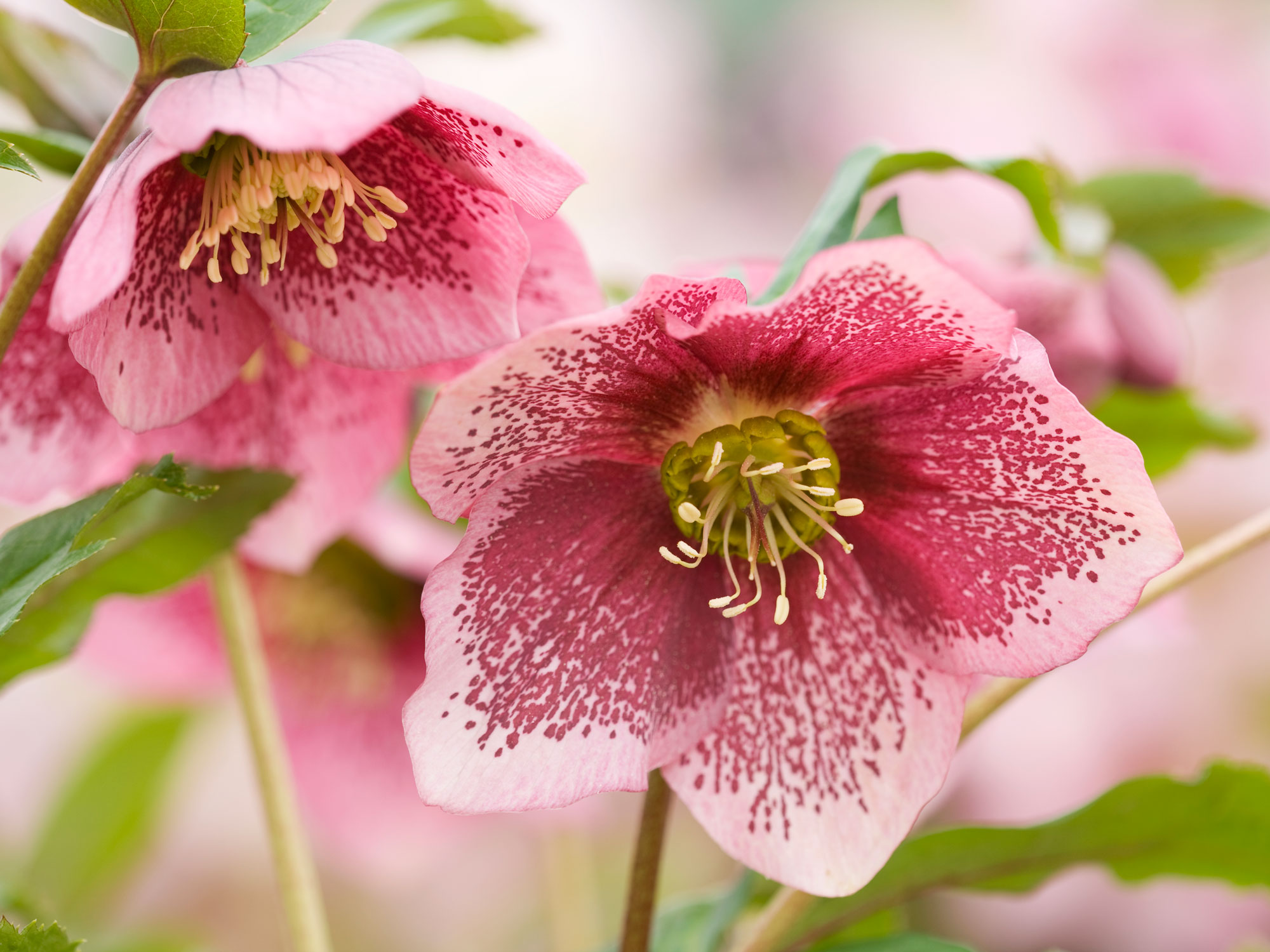
USDA growing zones: 3-9
Height: 24 inches
If you want lots of pretty blooms in your garden sooner rather than later, hellebores are one of the best flowers to plant in November. These are one of my favorite winter flowers, as they come in a stunning range of colors and petal patterns, featuring dusky pink and dark purple colorways, together with lovely spotted, etched and speckled designs. The pure white flowers are a particular favorite, too, as they add a touch of luminosity to a gloomy winter garden.
'Hellebores have been a staple in my November garden for years,' agrees Zahid Adnan of The Plant Bible. 'Their lush, glossy foliage stays green throughout winter, and their unique, cup-shaped flowers bloom from late fall to early spring. I'm mesmerized by their charm, and they add an enduring elegance to my garden in winter.'
Two of the most popular varieties of winter flowering plants are the Christmas rose (Helleborus niger) and the Lenten rose (Helleborus orientalis), which can both come into bloom in December if you live in a warmer climate. Otherwise you may have to wait till early spring.
Plant them in moist soil in a light shady spot. Some varieties need protection from frost, so these are best planted permanently in containers, which can then be moved to a protected spot if necessary. Hellebores are hardy and will breeze through the winter months with no attention from you. They often self-seed after they finish flowering too, ensuring a good supply of these lovely flowers.
4. Allium thunbergii
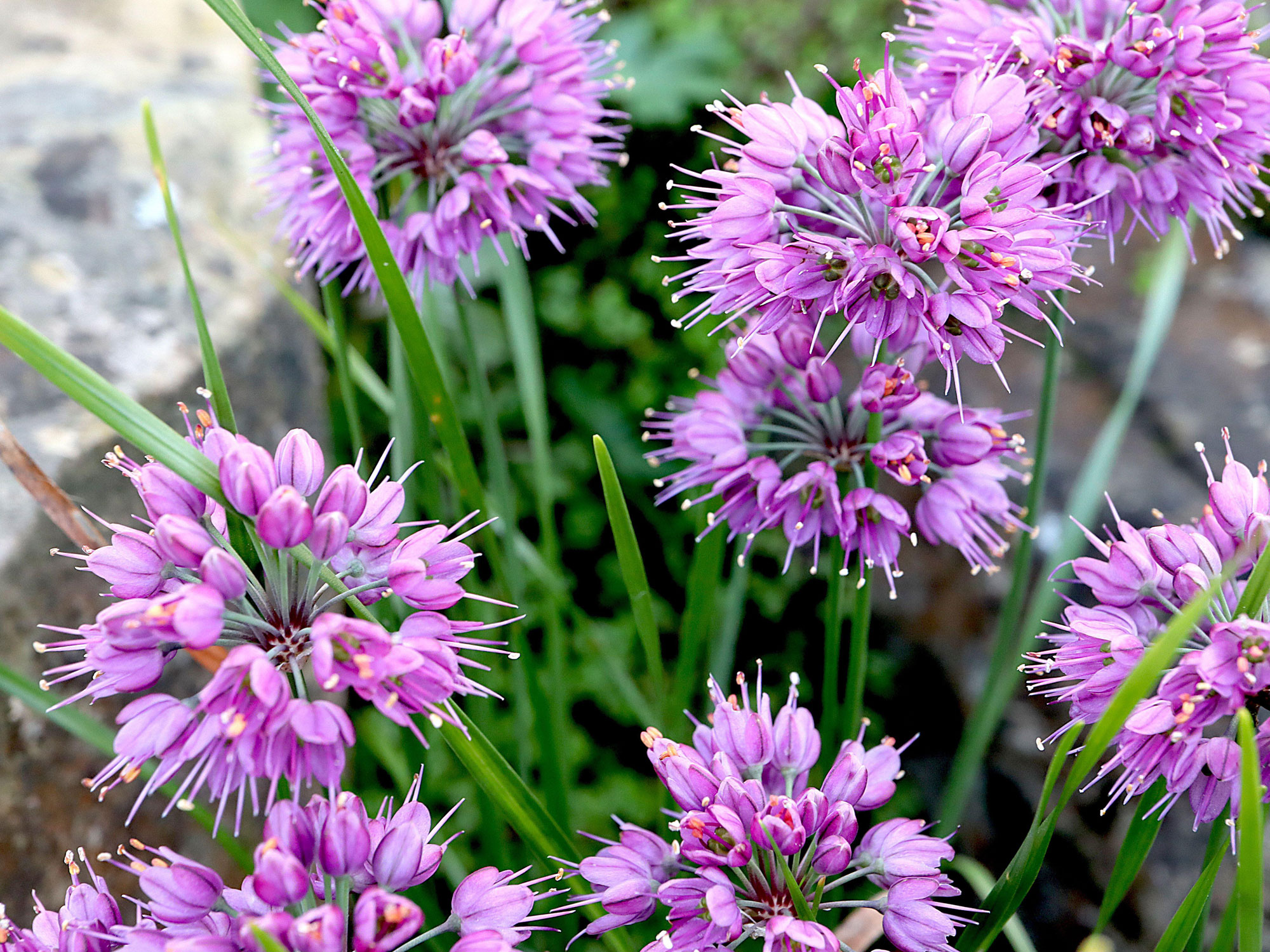
USDA growing zones: 4-9
Height: 12 inches
While most alliums flower in spring or summer, this one starts to make buds in early September but does not really open until early October. Some alliums spread quickly but this variety forms a nice compact clump, so it's also good for planting up in a container.
They're one of the best bulbs to plant in fall, so for best results the bulbs of this ornamental onion should be planted in October or November. Then every fall you will be rewarded with a mass of bright pinky-purple flowers. These easy to grow blooms like well-drained soil in full sun to part shade.
'Allium thunbergii 'Ozawa' is a surprising little ornamental onion because it blooms in September and October after all the other onions are finished,' according to the experts at the Chicago Botanic Garden. 'The little floppy globes of red-violet flowers sit atop small clusters of thin, grassy leaves. The bulbs should be planted where they will not be shaded out by earlier-blooming plants. It is one of the last outdoor flowers to bloom at the Chicago Botanic Garden.'
5. Lilies
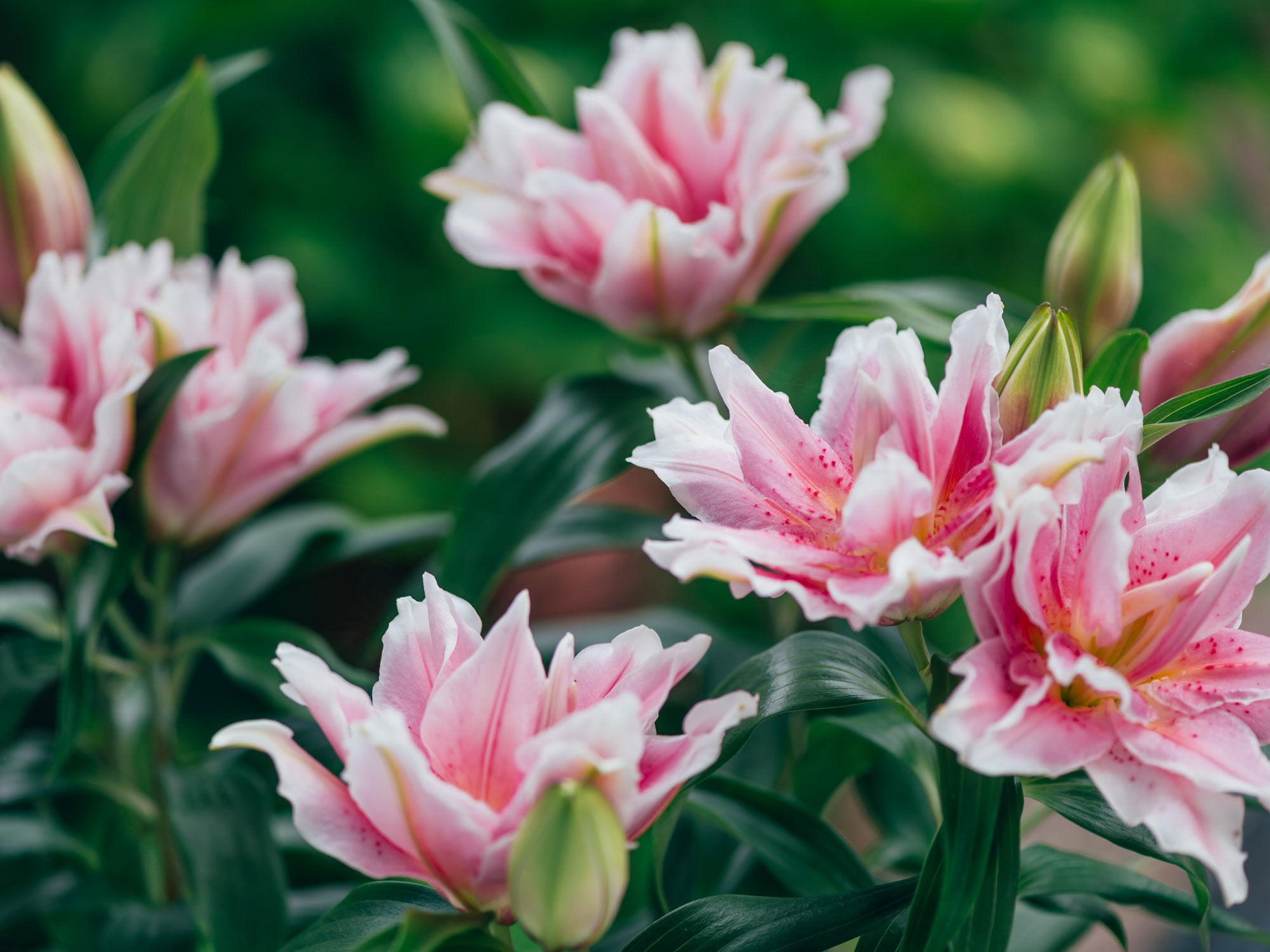
USDA growing zones: 4-9
Height: up to 6 feet
November is a great time to plant summer flowering lily bulbs, like these form Home Depot, for a gorgeous display of color and fragrance the following spring and summer. These gorgeous blooms come in all shapes and sizes from small and delicate varieties to some that grow to 6 feet or more.
Lilies will work well if you're looking for container planting ideas for your courtyard garden, balcony or roof garden too. Almost all lilies grow well in containers, whereas it can sometimes be a little hit and miss planting them in the ground. The joy of planting lilies up in pots is that they can be moved around to suit the ebbs and flows of your outdoor planting scheme.
In southern climates many lilies will be fully hardy and can be left outside in a container all the time. In cold areas containers may need protection from frost. Lilies usually need cool winter conditions if they are to flower well, so indoor conditions are not suitable over winter.
If you're planting lily bulbs in flower beds make sure you do this before frost threatens so they can put down strong roots ahead of any ground freezes to make healthy plants that will fill your garden with joyful blooms next summer.







